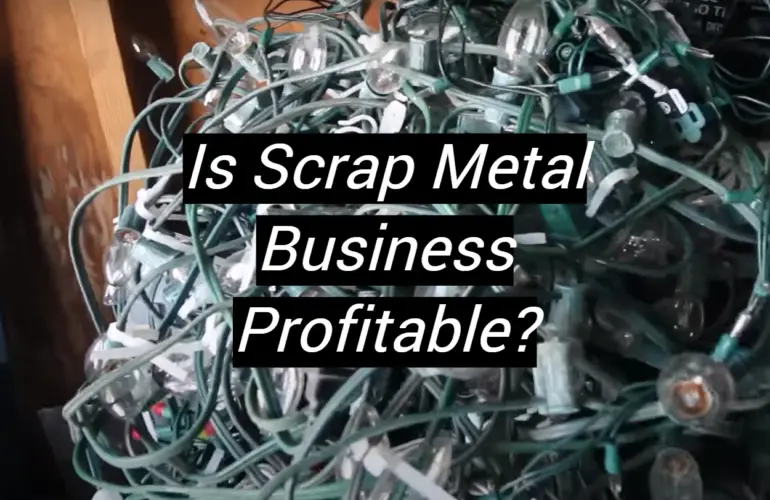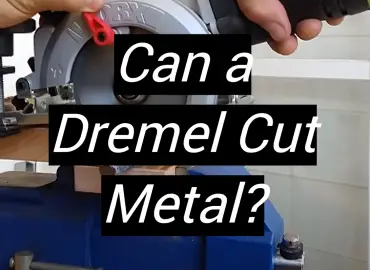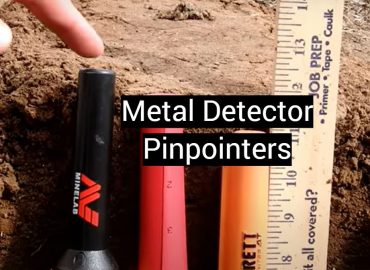Reuse of scrap metal recycling is an enticing business idea that can create considerable rewards for those willing to invest the necessary resources. Making a profit in this line of work requires knowledge of various metals, sources for obtaining scrap materials, and efficient processes for sorting and preparing them. With the right combination of drive and expertise, you can turn scrap metal into a lucrative business venture. Continue reading to find out how to manage a profitable scrap metal business.
Why is metal scrap recycling a good business?
Scrap metal recycling is a highly profitable enterprise with various advantages. Here are some of the benefits of metallic scrap recycling:
- Low beginning expenses & costs for starting: Launching a recycling metals business has low start-up costs. All you need is a small stash of cash to cover basic expenses, such as renting or purchasing a truck and other equipment to collect scrap metals;
- Potential for high-profit margins: Because raw materials are already available in the form of scrap metals, businesses don’t have to invest heavily in inventory. Furthermore, not having to pay extra fees for shipping and storage can lead to higher profit margins;
- Opportunities for steady cash flow: Since scrap metals are always in demand, businesses can count on regular cash flow from selling these materials. Scrap metal recycling, when compared to other traditional business models, can be more stable and deliver consistent profits over time;
- Pros of recycling scrap metal for the environment: Although making money is the main goal of business ventures, running a scrap metal company offers additional benefits, including reducing waste and preserving natural resources by recycling metals instead of mining for new ore. It also reduces pollution that would have resulted from manufacturing new products with virgin materials. It makes it a great way to do your part for the environment while earning an income at the same time.
Factors that affect profitability
Here are the primary factors to consider when running a scrap-related business:
The most valuable scrap metal types
Various kinds of used metals have varying market values and prices, you should know which materials you should focus on for maximum profitability. Copper and brass are the most valuable materials because they can be repurposed into a variety of products.
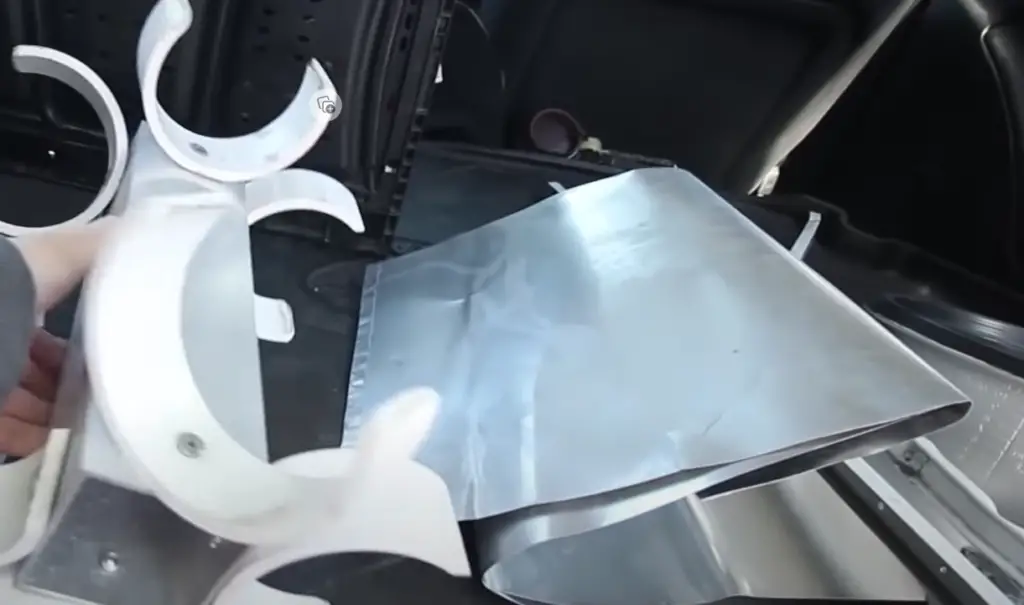
Nonferrous metals (aluminum, stainless steel, and titanium) also fetch decent prices but may require additional expenses to process them due to their higher melting points.
Market demand and trends
To optimize revenues from your metal recycling business, you have to ensure that the material you are supplying is in constant demand. Staying current with market trends will allow you to make smarter selections regarding what type of material to gather and where to sell it. If a certain type of scrap metal is in high demand, you can increase your profits by focusing on that particular material.
Efficient sourcing and processing methods
Once you’ve determined which sorts of scrap metal have the highest value, you’ll need to locate reliable sources for these items. Establishing relationships with suppliers is key to ensuring steady access to quality materials at a reasonable price point. Having efficient processes for sorting and preparing metals for sale will help reduce labor costs and maximize profits.
Relationships with suppliers and buyers
Establishing strong relationships with reliable buyers can help guarantee steady cash flow from selling scrap metals. Invest in building relationships with suppliers to ensure steady access to quality materials at the best rates.
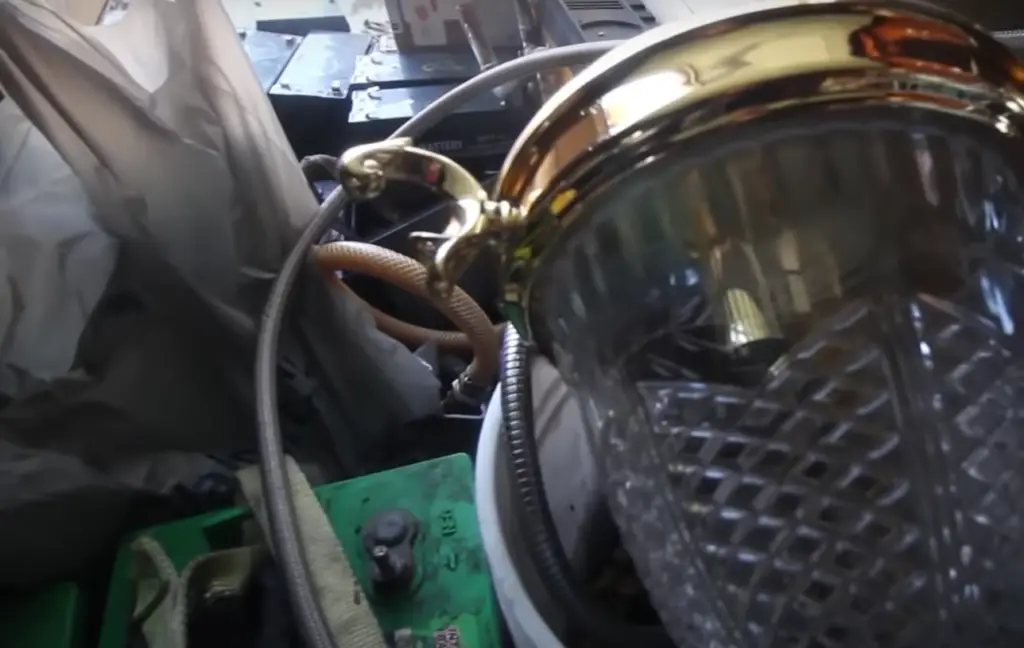
Having reliable buyers and suppliers is essential for running a profitable and effective metal recycling business.
What type of metals can be recycled?
Recycling of metal includes a wide range of metals that can be recycled for cash. Some common materials include:
- Copper;
- Aluminum;
- Stainless steel;
- Iron;
- Brass.
Other less commonly recycled metals include nickel, titanium, lead, and zinc. To determine the type of metal you have on hand, use a simple magnet test to identify ferrous (iron-based) or non-ferrous (non-iron-based) metals. Non-ferrous scrap fetches higher prices than ferrous materials due to their higher value in manufacturing processes.
Other scrap items such as wires, cables, and circuit boards also contain valuable metals that can be sold for a profit after disassembly and sorting. Before selling material into the market, check its applicable laws and regulations regarding collecting, transporting, and selling scrap metals. By recycling these materials, businesses can generate a steady income while reducing environmental waste and preserving natural resources [1].
What is the most profitable metal to scrap?
The most profitable metal to scrap depends on the current market conditions and the type of metals available. Non-ferrous metals such as copper, aluminum, stainless steel, brass, and nickel tend to fetch higher prices than ferrous metals like iron and steel. Certain specialty items such as circuit boards and wire can be worth more due to their higher content of valuable metals.
By monitoring the market closely and staying up-to-date with current pricing trends, companies can maximize profits by selling their scrap materials at the best possible price. Forming good relationships with buyers helps ensure you receive a fair price for your material [2].
How much does a scrap metal business make?
A scrap metal business’ earnings potential might vary greatly based on the size and breadth of operations. On average, small to mid-sized businesses can make anywhere from $5.000 to $20.000 per month in gross profits. Some companies may generate even higher returns by focusing on a specific niche or metal type, such as copper or aluminum.
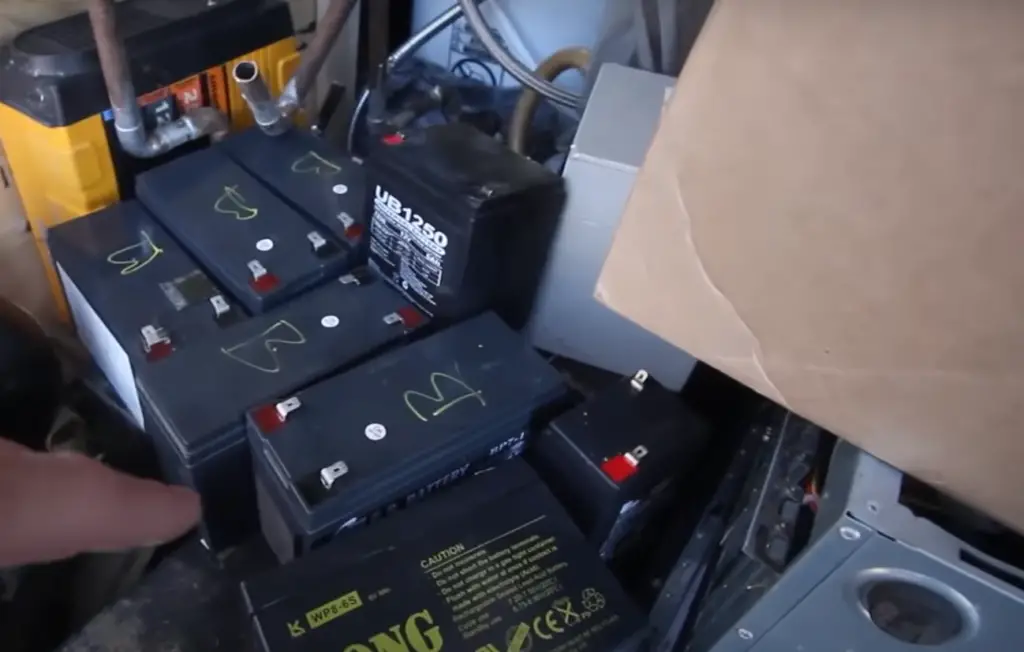
For larger operations that move over 1 million pounds of materials monthly, profit margins can reach up to 10%. Selling metals for reuse instead of melting them down can also increase earnings significantly. To maximize profits, you must stay informed about market conditions and pricing trends while cultivating strong relationships with buyers [3].
How much does it cost to start a scrap metal business?
Starting a scrap metal business can be expensive, depending on the magnitude of your operations.
It includes expenses such as renting or purchasing a truck and other equipment for collecting metals, obtaining necessary permits and licenses, advertising fees, and other operational costs.Larger operations may require more significant investments to purchase material handling machinery and hire additional staff. You will need access to financing to buy scrap metals for resale on the market. With careful planning and consideration of the risks involved, financial investments can be managed effectively so that returns are maximized.
How to Start Scrap Metal Business
These are just a few pointers for launching a profitable metal salvage business [4]:
Having a business plan
Before starting a business, you need to have an effective business plan that outlines your goals and objectives. Developing a comprehensive plan will help you stay organized and ensure that all steps are taken in the right direction.
It will enable you to anticipate potential problems and be prepared for future opportunities.Getting legal requirements
Scrap metal recycling firms may be subject to distinct regulations and rules depending on where you operate. It is essential to get permits or licenses if required by your local government before beginning operations. You must follow specific safety standards when handling these materials due to their hazardous nature. Be sure to check local laws and adhere to them.
Find a place to collect scrap
Finding a place to collect scrap metal is essential for scrap metal business. You can either go out and search for scrap yourself or develop relationships with people who have scrap metals they are willing to sell. It could be anything from small electronic devices, cars, appliances, construction sites, etc.
Choosing a site for a scrap metal sorting facility
After finding your sources of scrap metal, you must select an adequate location for starting your recycling center.
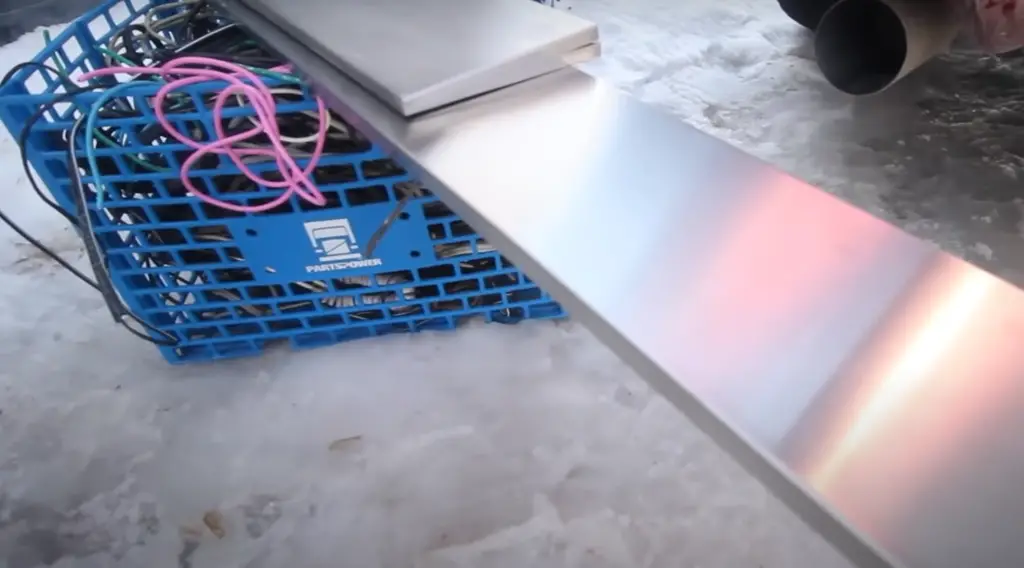
It will serve as the hub of all operations and should be able to accommodate the necessary equipment. You will also need a place to store all the collected scrap metals until it’s ready to be sold.
Managing transportation
Once you have identified your sources, selected a location for your recycling center, and obtained all legal requirements, you need to focus on managing transportation. It includes investing in a truck or other means of transport that can effectively move your materials from one place to another. You must also ensure all precautions are taken when handling these hazardous materials while driving.
Equipment required for metal recycling
You will need specific tools and machinery to sort and process scrap metal into its components before selling them to buyers. They may include:
- Grinders;
- Shears;
- Crushers;
- Balers.
You should also consider investing in other items such as protective gear and a forklift to make the process more efficient.
Connecting with local scrap collectors
Establishing relationships with local scrap collectors is essential for scrap metal business. It will help you stay informed about potential sources of materials and keep up with current pricing trends, and get access to higher-priced metals that are not readily available on the market.
Staying updated with current scrap metal prices
The value of scrap metal is constantly changing due to fluctuations in the market and supply/demand dynamics. To maximize profits, you need to stay updated with current scrap metal prices so that you can accurately estimate the value of your materials. You should be aware of local and national regulations which will affect the pricing of your materials.
Marketing and advertising your scrap metal business
After all the preparations are in place, it’s time to start marketing and advertising your business:
- Create a strong presence in the local area and establish relationships with potential buyers;
- Develop an effective digital strategy to promote your services online through websites, social media channels, email campaigns, etc.;
- Consider participating in trade shows and other events related to the scrap metal industry to increase visibility.
Challenges in the scrap business
These are some of the main challenges associated with starting and running a scrap metal recycling business:
Finding reliable sources
It can be difficult to find reliable sources of scrap metal, especially if you don’t have connections in the industry. Building relationships with local scrap collectors and other suppliers is essential for a successful business.
Financing
Establishing a scrap metal business requires significant capital investments to cover costs such as equipment purchases and operational expenses. Access to financing is therefore important for business to succeed.
Market volatility
The value of scrap metals fluctuates due to changes in the market and supply/demand dynamics, making it difficult to accurately predict pricing trends and maximize earnings potential. Being aware of current prices is essential for staying profitable.
Environmental regulations
Strict environmental regulations need to be followed when handling hazardous materials, which can cause delays and financial losses if not adhered to.
Competition
The scrap metal market is highly competitive, with many businesses vying for the same sources of supply and buyers. It’s important to stay ahead of the competition by providing better services or better prices.
Transportation costs
Transporting scrap metals from one location to another can be expensive due to fuel costs and other associated expenses such as labor and maintenance.
Theft
Scrap metal theft is a major problem in this business, with thieves targeting parked trucks and unattended yards looking for valuable metals they can steal for resale on the market.
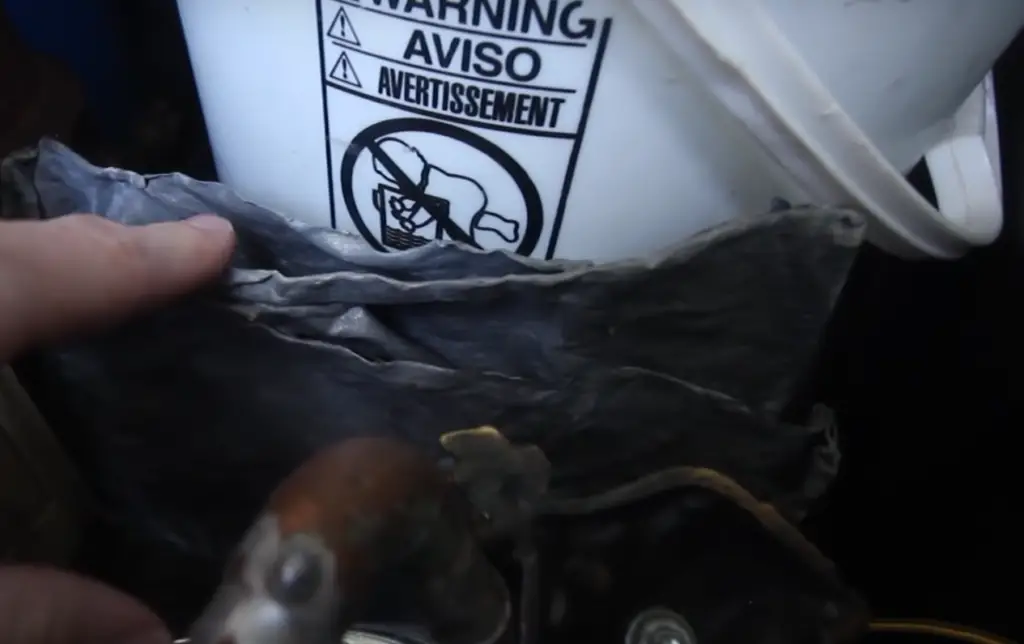
Investing in security measures such as CCTV and alarms can help to minimize the risk.
Sorting and grading
It’s important to be able to accurately sort and grade scrap metals so that you can get top dollar for your materials. It requires knowledge of the different types of scrap and experience dealing with them daily.
Health and safety risks
Working with scrap metal involves exposure to hazardous chemicals, sharp objects, heavy machinery, etc., posing potential health risks if not handled correctly. Adhering to safety regulations is essential for reducing accidents at the workplace.
Customer service
Providing quality customer service is crucial for business to keep customers satisfied and coming back for more. Building trust with buyers and staying in contact with them can help to ensure a steady flow of orders.
FAQs
How to register a scrap metal business?
To register your scrap metal business, you must first obtain a Business License or Certificate of Incorporation from the relevant government authority in your area. You may also need to acquire the necessary permits, including zoning and environmental approvals before you can begin operating. Depending on the type of metals you are dealing with, you may be required to register with other regulatory bodies such as the Environmental Protection Agency (EPA) [5].
Which license is required for scrap business?
Depending on the type of scrap metal you are dealing with, you may need to obtain specific licenses or permits to operate legally. These can range from general business licenses and certificates of incorporation to more specialized ones such as zoning and environmental approvals.
What are the best things to sell for scrap?
The best things to sell for scrap metal will depend on the current market demand and prices. Some of the most commonly recycled metals include:
- Aluminum;
- Copper;
- Brass;
- Iron;
- Steel.
You may also make money from recycling other items such as appliances and electronics. You must stay updated with relevant scrap metal prices so you can determine which materials are worth selling.
What appliances are worth the most to scrap?
The following appliances are worth the most when it comes to scrap metal recycling:
- Refrigerators: Refrigerators are made of iron and other metals such as copper, aluminum, and steel, making them a valuable source of scrap material;
- Washers and dryers: These appliances contain a variety of metals including brass, copper, and stainless steel that can be recycled for profit;
- Dishwashers: Like refrigerators and washing machines, dishwashers contain a range of metals that can be sold for scrap;
- Water heaters: Water heaters often have valuable components such as copper pipes and brass fittings which can be recycled for their metal content;
- Stoves/Ovens: Ovens are usually constructed with durable materials such as steel and aluminum, making them a good source of scrap;
- Air conditioners: Air conditioners contain an array of metals such as copper, brass, and aluminum which can be recycled for their metal content;
- Computers/Electronics: Computers and other electronics are popular due to the high demand for rare metals, including gold, silver, palladium, and platinum;
- Car batteries: Lead-acid car batteries are made up of lead plates that can be sold for scrap metal recycling purposes;
- Cables/Wires: Wires and cables often contain copper which can be stripped out for recycling or resale on the market;
- Tin cans: Tin cans are a great source of scrap metal due to their lightweight construction and easy recyclability.
Useful Video: How To Make Money Scrapping Metal For Beginners – Scrap Metal Tips, What To Look For
Conclusion
Scrap metal recycling is a profitable business opportunity. However, it requires a significant amount of investment in terms of capital and labor. Establishing reliable sources, staying aware of market trends, adhering to environmental regulations, and providing quality customer service are all important factors that will lead you to success. With the right knowledge and resources, you will be able to turn your dreams into reality in this interesting yet challenging industry.
References:
- https://www.weighpay.com/blog/how-to-make-money-in-the-scrap-metal-industry
- https://www.cohenusa.com/blog/5-valuable-scrap-metals-to-recycle-today/
- https://transmetal.co.uk/is-scrapyard-a-business-thats-worth-millions/
- https://thesmallrich.com/how-to-start-a-scrap-metal-business/
- https://regserv.biz/en/license-for-operations-with-ferrous-and-non-ferrous-scrap

